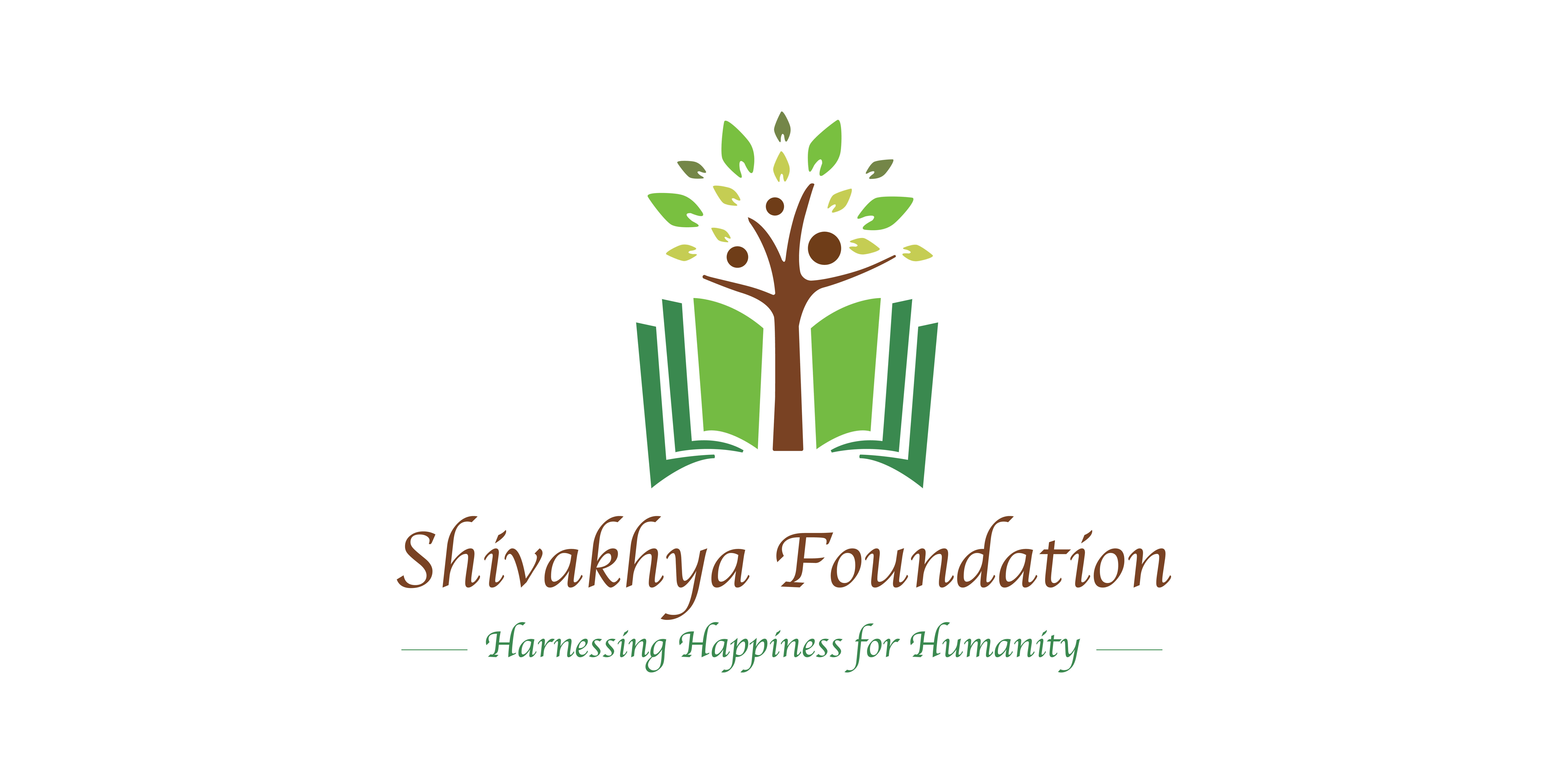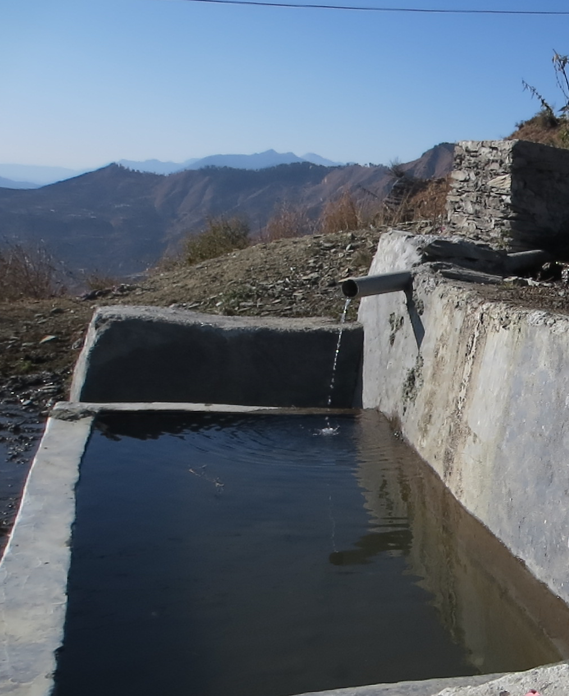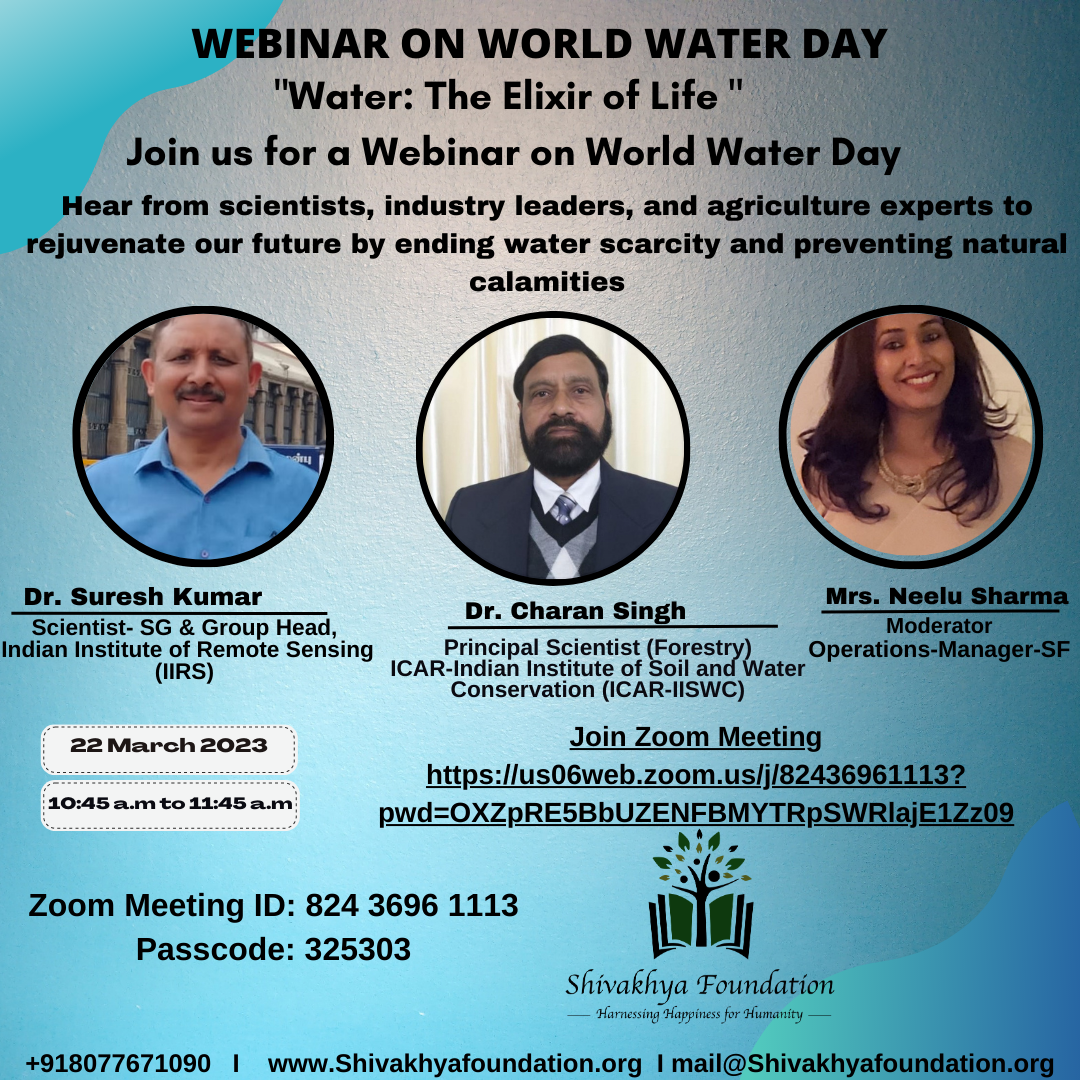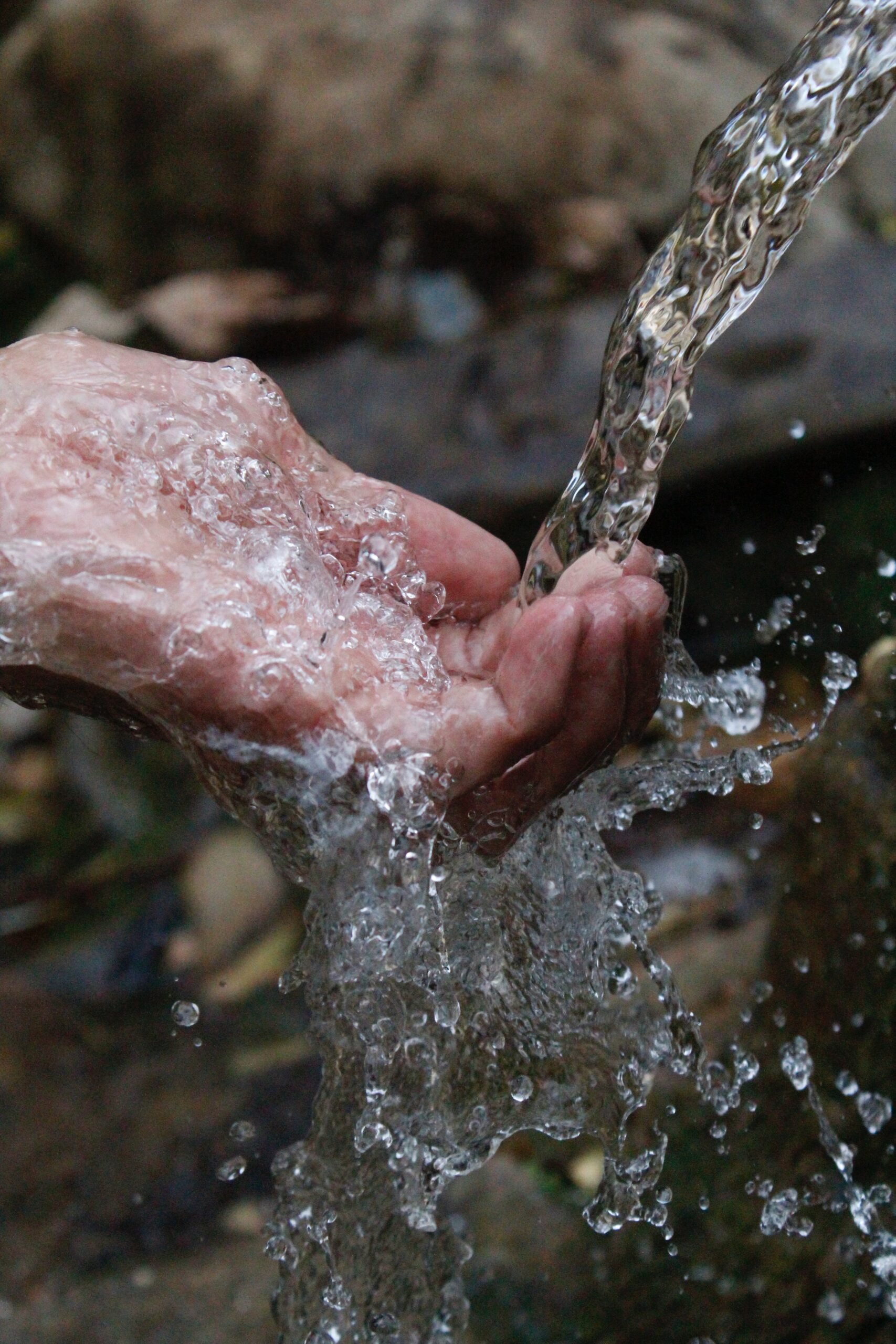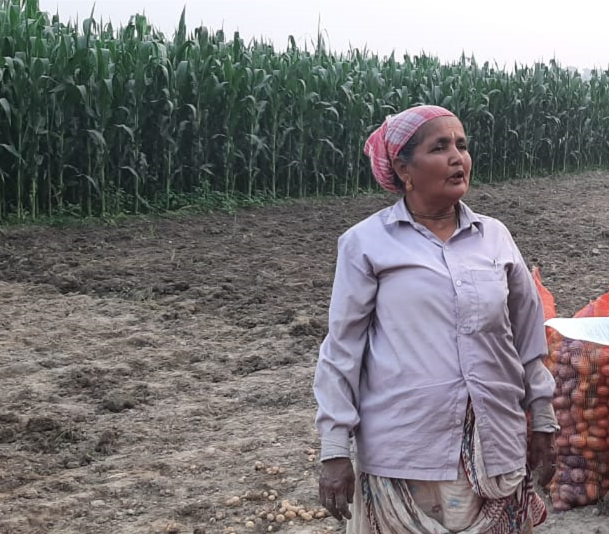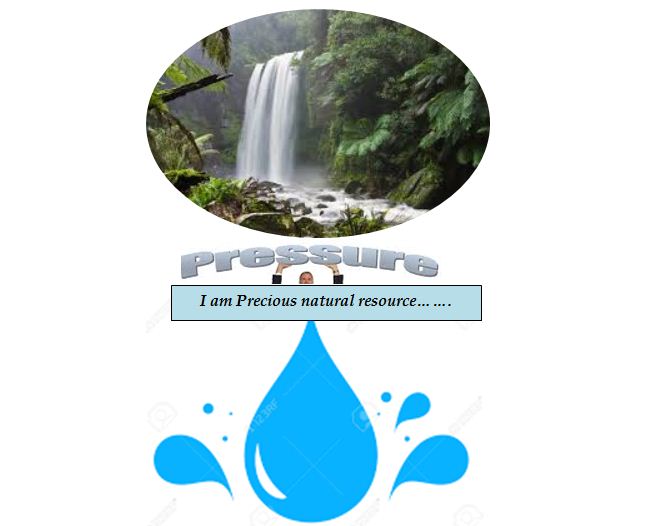Gender issue -Significance in Watershed Management Programmes

Gender issue
In any Watershed development project, Gender is an important variable that has socioeconomic significance in analyzing and describing the aspects like :-
- Roles
- Responsibilities ,
- Constraints ,
- Opportunities
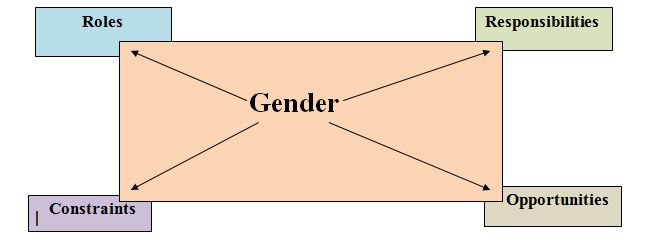
Significance of Gender issue in Watershed Management Programmes
Gender issue is becoming an important aspect especially in watershed programmes .Its presence and importance is becoming visible in all upcoming watershed programmes and various schemes concerned to women development
Although various works and gender sensitization programmes has already being going on in Watershed programmes. There is good involvement of many community based institution, Local NGOs but still there is wide scope of extending the periphery of gender issues .It will not be wise to be limited to some areas only. At this juncture, it is significant to address the issues related to social , political and economic aspects with health and child care at the top priority
The time has arrived view the gender issue from all angles and all dimensions . It will help to visualize the gender conditions with a combined approach so that planning can be done with a holistic approach . The integration of various gender issue whether it is social or economical has to be dealt. Watershed management programmes has components like agriculture and other livelihood /income generating activities that widen the scope of watershed programmes in providing further thrust to gender issues especially in rural and other remote areas.
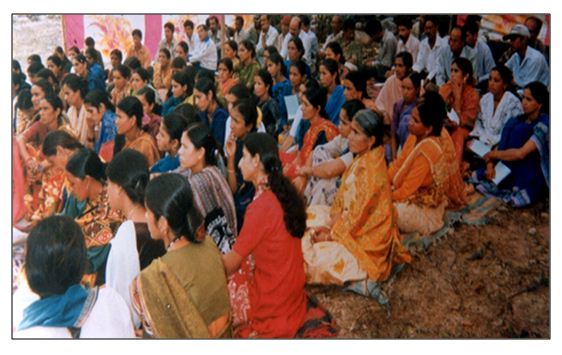
The situation of gender issue can improve if it spreads and penetrates in lives of rural community .The watershed management has a key role. Various Participatory approaches are taken during inception of a Watershed programme to formulate the watershed planning . The extension experts from various sectors can link with the watershed programme . This will further help to have combined effort in dealing gender issues .
Watershed Programme -women’s are more linked
In a watershed programme ,the women’s are more linked with the interventions especially of Natural resource management . for example- the Drinking water tank , pond or irrigation tank, in all these interventions , the masses are the more common users .

So, the women role and their linkages to watershed approach has to be understand . Certainly , without women involvement and their sensitization , no watershed programme can reach its ultimate goal .


